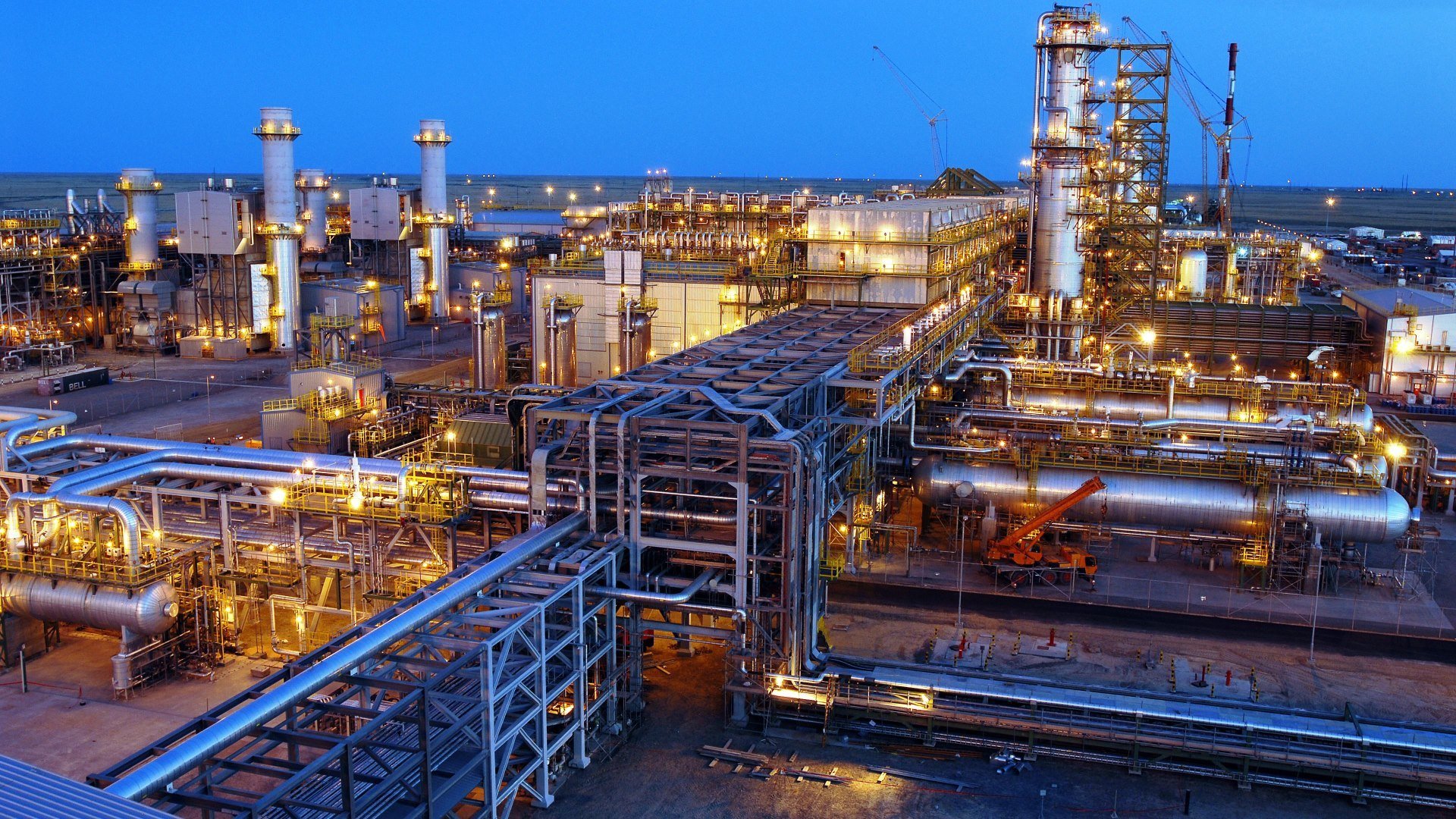
Manufacturing industries play a pivotal role in the global economy, serving as a backbone for economic growth and innovation. This sector encompasses a wide array of activities that transform raw materials into finished goods, ranging from consumer products to complex machinery. As technology evolves and market dynamics shift, the manufacturing industry faces both challenges and opportunities that shape its future.
Understanding the Manufacturing Sector
Manufacturing refers to the process of converting raw materials into finished products through various methods, including machining, assembly, and quality control. It spans diverse industries such as automotive, aerospace, electronics, pharmaceuticals, textiles, and food production. This sector not only provides jobs but also significantly contributes to a nation’s GDP, making it essential for economic stability and growth.
The Evolution of Manufacturing
The manufacturing landscape has undergone dramatic transformations over the decades. The shift from manual labor to mechanization during the Industrial Revolution marked the beginning of modern manufacturing. In the 20th century, advancements in technology led to the introduction of assembly lines, increasing efficiency and output.
Today, we are witnessing the rise of Industry 4.0, characterized by the integration of digital technologies into manufacturing processes. This new era emphasizes automation, data exchange, and advanced manufacturing technologies, including robotics, the Internet of Things (IoT), artificial intelligence (AI), and big data analytics.
Key Sectors within Manufacturing
The manufacturing industry can be broadly categorized into several key sectors, each with its unique characteristics and challenges:
1. Automotive Manufacturing
The automotive industry is one of the largest and most influential sectors in manufacturing. It involves the production of vehicles and their components, including engines, transmissions, and safety systems. This industry is experiencing a significant shift towards electric vehicles (EVs) and autonomous driving technologies, prompting manufacturers to adapt their processes and supply chains.
2. Electronics Manufacturing
Electronics manufacturing encompasses the production of electronic devices, components, and systems. This sector is characterized by rapid innovation and a constant demand for smaller, faster, and more efficient products. The rise of smartphones, tablets, and smart home devices has fueled growth, while challenges such as supply chain disruptions and semiconductor shortages have emerged.
3. Aerospace Manufacturing
Aerospace manufacturing involves the design and production of aircraft, spacecraft, and related components. This sector demands high precision and adherence to strict regulatory standards. With the increasing focus on sustainability, aerospace manufacturers are exploring lightweight materials and alternative fuels to reduce their environmental impact.
4. Pharmaceutical Manufacturing
Pharmaceutical manufacturing is critical for producing medications and healthcare products. This industry is highly regulated to ensure product safety and efficacy. The COVID-19 pandemic highlighted the importance of pharmaceutical manufacturing in global health, leading to increased investments and innovations in vaccine production and distribution.
5. Food and Beverage Manufacturing
The food and beverage sector involves the processing and packaging of food products. This industry faces challenges such as food safety regulations, changing consumer preferences for healthier options, and sustainability concerns. Manufacturers are increasingly adopting practices that minimize waste and promote environmentally friendly production methods.
Challenges Facing Manufacturing Industries
Despite its significance, the manufacturing sector faces numerous challenges:
1. Supply Chain Disruptions
Recent global events, including the COVID-19 pandemic, exposed vulnerabilities in supply chains. Disruptions in sourcing materials and shipping delays have prompted manufacturers to rethink their supply chain strategies. Many are now focusing on diversifying suppliers and localizing production to mitigate risks.
2. Labor Shortages
As manufacturing processes become more advanced, the demand for skilled labor is rising. However, many regions are experiencing a shortage of workers with the necessary technical skills. Manufacturers must invest in workforce development and training programs to attract and retain talent.
3. Rising Costs
Manufacturers are grappling with rising costs associated with raw materials, energy, and labor. Inflationary pressures and geopolitical tensions can exacerbate these challenges, forcing companies to find ways to maintain profitability without compromising quality.
4. Sustainability Pressures
With growing awareness of climate change and environmental issues, manufacturers face increasing pressure to adopt sustainable practices. This includes reducing waste, minimizing carbon footprints, and implementing eco-friendly production methods. While sustainability initiatives can enhance brand reputation, they often require significant upfront investments.
Opportunities for Growth and Innovation
Despite the challenges, the manufacturing sector is ripe with opportunities for growth and innovation:
1. Embracing Industry 4.0
The adoption of smart manufacturing technologies presents significant opportunities for efficiency and productivity. By integrating IoT devices, AI, and big data analytics, manufacturers can optimize production processes, reduce downtime, and improve product quality.
2. Focus on Sustainability
Manufacturers that prioritize sustainability can gain a competitive edge. Consumers are increasingly inclined to support brands that demonstrate environmental responsibility. Innovations in sustainable materials and production methods not only meet consumer demands but also lead to cost savings in the long run.
3. Customization and Personalization
As consumer preferences shift towards personalized products, manufacturers have the opportunity to offer customized solutions. Advanced manufacturing technologies, such






